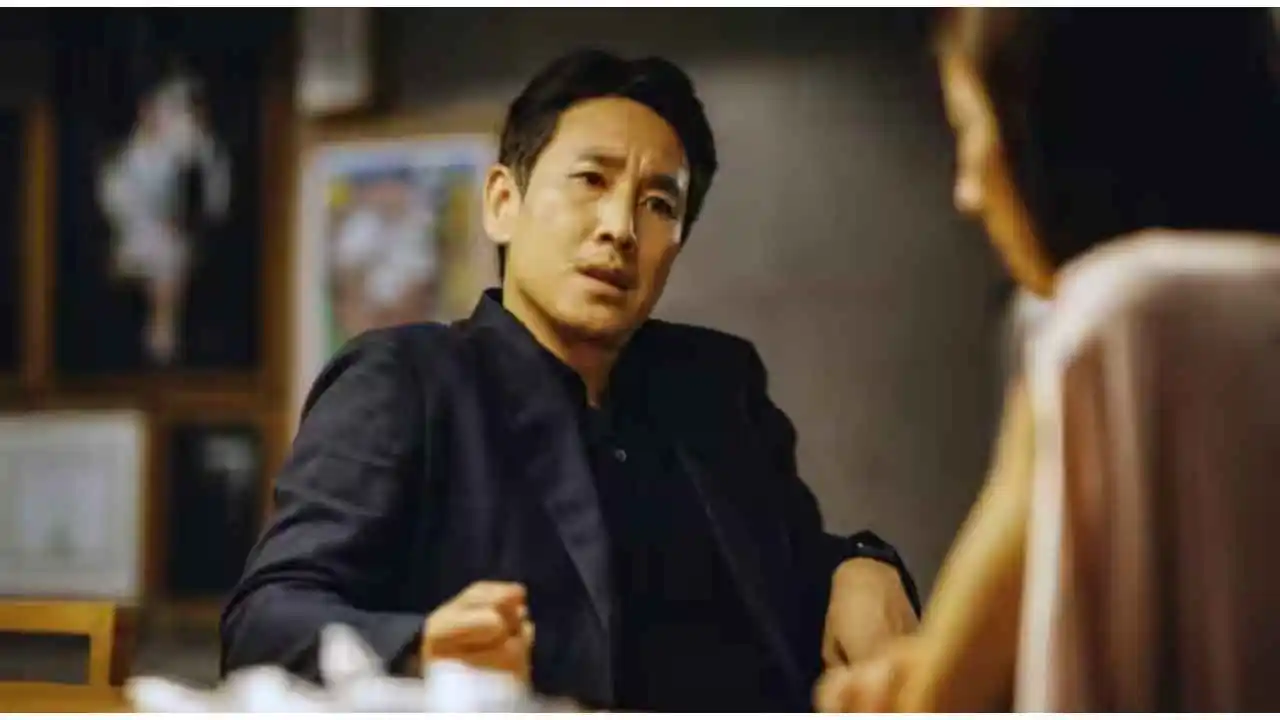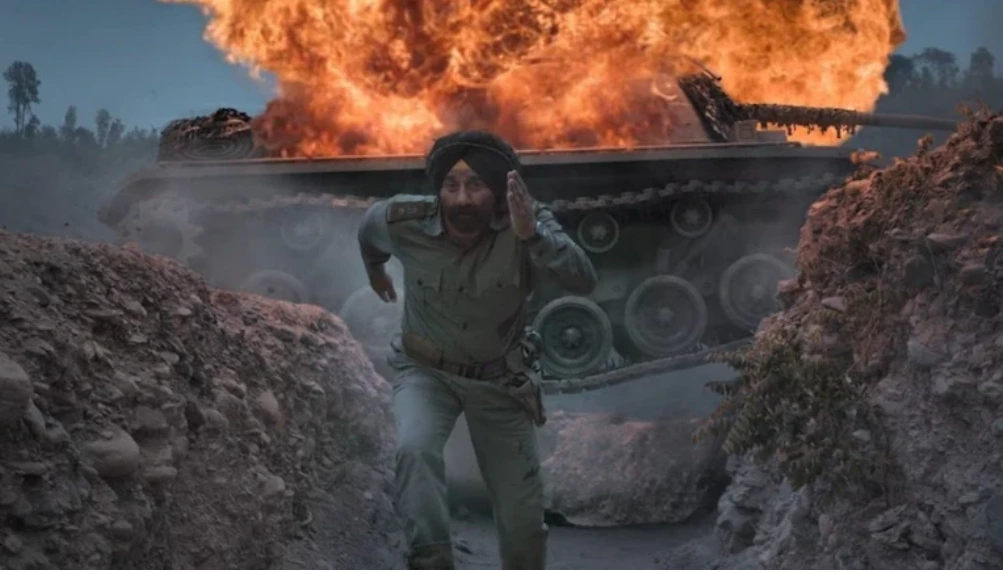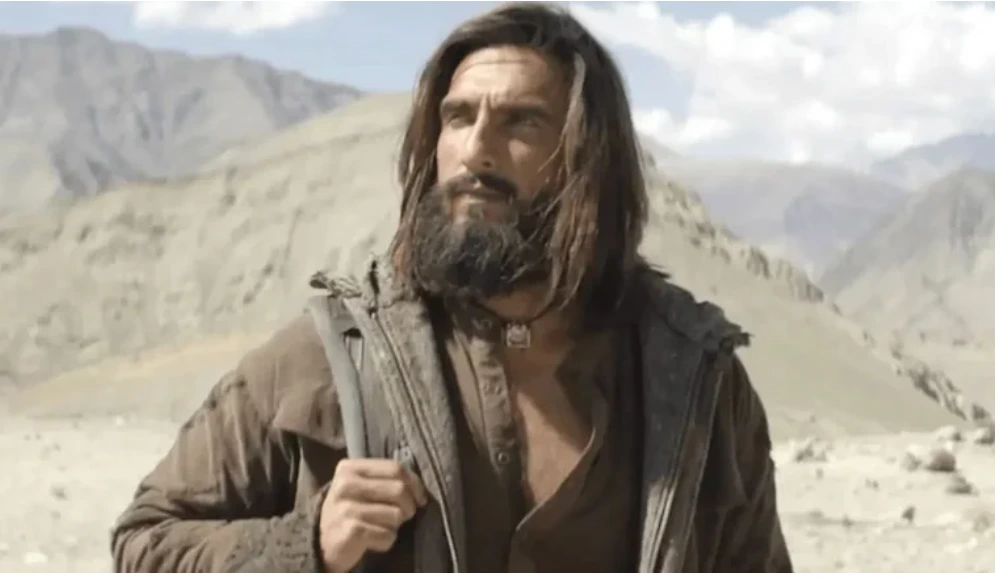Dhurandhar has finally made its much-awaited debut on Netflix, just days after the Ranveer Singh-starrer completed a blockbuster theatrical run across India. While the film crossed Rs 1,000 crore domestically and went past Rs 1,300 crore worldwide, its OTT release has triggered confusion and criticism over its shorter runtime.
Several viewers took to social media early Friday, claiming that a “censored” version of Dhurandhar was streaming on Netflix. The runtime displayed on the platform is 3 hours and 25 minutes, nearly nine minutes shorter than the film’s originally reported duration of 3 hours and 34 minutes.
What caused the runtime difference
The confusion stems from changes made after the film’s initial theatrical release. According to the revised censor certificate, Dhurandhar now has an approved runtime of 3 hours 28 minutes and 56 seconds. This updated version replaced the earlier cut in cinemas starting January 1.
The revision followed directions to mute two specific words and one dialogue referring to the Baloch community. These changes were implemented without removing scenes, resulting in a marginally shorter runtime.
What viewers noticed on Netflix
Audiences streaming the film on Netflix observed muted portions during a scene involving Sanjay Dutt’s character, SP Chaudhary Aslam. In the original version, the dialogue included a direct reference to a former Baloch police partner. In the revised cut now available on Netflix, those references are muted, while English subtitles offer a generalised translation without naming the community.
Some viewers also pointed out that the film appears to play slightly faster on the platform, contributing to the perception that content had been trimmed.
Is Netflix streaming a censored cut
Industry insiders have clarified that Netflix is carrying the final theatrical version approved by the authorities. As an OTT distributor, the platform uploads films exactly as provided by the producers. The version streaming online is the same revised cut that has been screening in theatres since January.
Importantly, the film’s intense and graphic depiction of violence remains unchanged in the OTT version.
In short, Dhurandhar on Netflix is not a specially edited or censored cut for streaming. It is the updated theatrical version, adjusted for muted dialogue and presented with a slightly faster frame rate.
Following its OTT release, audiences can now look ahead to the sequel, Dhurandhar: The Revenge, scheduled for release on March 19, 2026.












